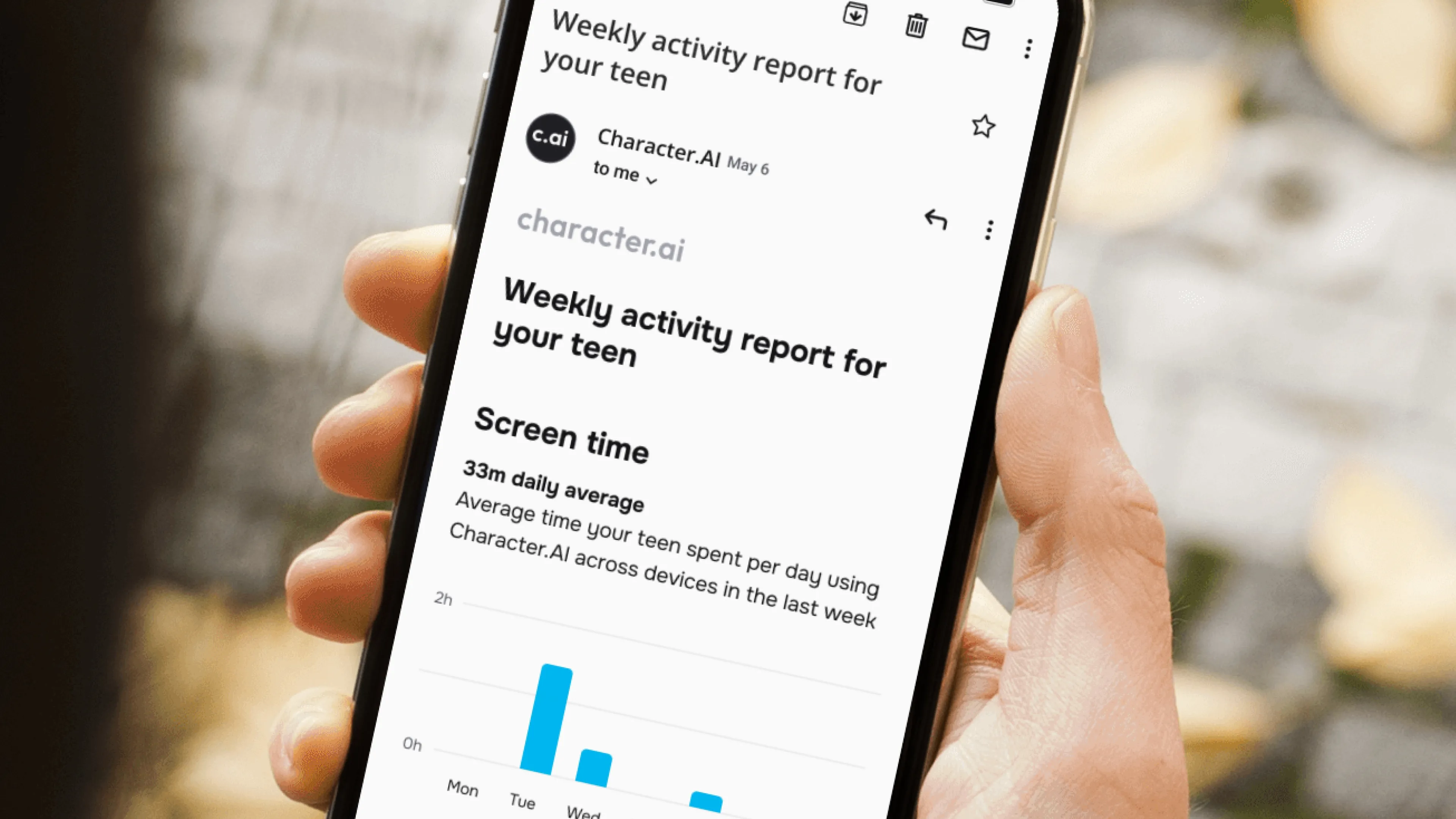As the April 5 deadline approaches, the future of TikTok in the United States remains uncertain. President Donald Trump has indicated that a deal for the sale of TikTok's U.S. operations will be finalized before this date, aiming to prevent a nationwide ban of the popular video-sharing app.
Background of the TikTok Ban
The U.S. government's concerns over TikTok's Chinese ownership have been longstanding, primarily centered around national security and data privacy issues. In response, legislation was enacted requiring ByteDance, TikTok's parent company, to divest its U.S. operations to a non-Chinese entity or face a ban. Initially set for January 19, the deadline was extended by President Trump to April 5, providing additional time for negotiations and potential sale agreements.
Current Negotiations and Potential Buyers
Several U.S.-based companies have expressed interest in acquiring TikTok's U.S. operations. Notably, private equity firm Blackstone is evaluating a minority investment in the spinoff, potentially joining existing ByteDance investors such as Susquehanna International Group and General Atlantic. Additionally, venture capital firm Andreessen Horowitz is in discussions to participate in the buyout, aligning with efforts led by Oracle and other American investors.

Government Deliberations
President Trump is scheduled to review the final proposal concerning TikTok on Wednesday, April 2, just days before the deadline. The meeting will include key officials such as Vice President JD Vance, Commerce Secretary Howard Lutnick, National Security Adviser Mike Waltz, and Director of National Intelligence Tulsi Gabbard. The administration has indicated a willingness to extend the deadline further if necessary, with President Trump suggesting potential tariff reductions on China to facilitate the deal.
Implications of the Potential Ban
Should a deal not be reached by April 5, TikTok faces a ban in the United States, impacting approximately 170 million American users. The app's removal from U.S. app stores would prevent new downloads, and existing users would eventually lose access to updates and maintenance, leading to a gradual decline in functionality. This scenario raises concerns among content creators and advertisers who rely on the platform for engagement and revenue.
The coming days are critical for TikTok's operations in the United States. With high-level negotiations underway and multiple stakeholders involved, the outcome remains uncertain. Users and investors alike await the administration's decision, which will have significant implications for the social media landscape and international business relations.



